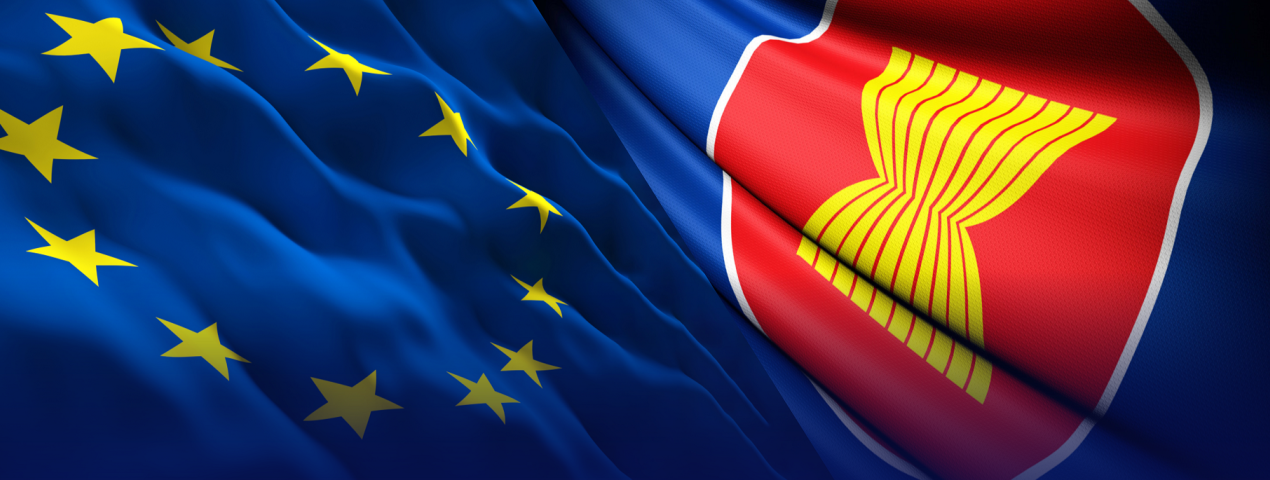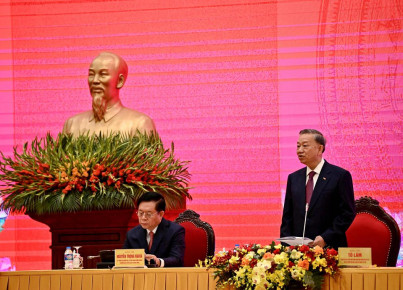We publish here an excerpt from the introduction of the Carnegie Endowment for International Peace report : “Rethinking EU-ASEAN Relations: Challenges and Opportunities”.
The European Union (EU) and the Association of Southeast Asian Nations (ASEAN) formally marked almost half a century of diplomatic ties at the end of 2022. The summit commemorating the forty-five years of the two blocs was held in Brussels. Paradoxically, despite escalating tensions over the security sphere in both regions, the security dossier has not been central to the EU-ASEAN agenda. This is symptomatic not only of the way the two organisations view each other's capabilities and interests in each region, but also of the way the relationship has gone so far. There have been a series of ups and downs, with many of the more contentious issues - particularly the thorny ones relating to democracy and human rights - left to diplomats or addressed by civil society, given the sensitivity at the political level. The main focus of EU-ASEAN relations has been on trade and investment, reflecting the EU's competence vis-à-vis its member states and areas where ASEAN as a whole has slightly more room for manoeuvre. Despite the inability to push forward a free trade agreement (FTA) between the EU and ASEAN, which has stalled since 2007, the EU has made progress with bilateral FTAs with individual ASEAN member states, including Singapore and Vietnam. On the foreign policy front, both the EU and ASEAN face difficulties. EU members have never made progress in ceding full control of external engagement to the EU's executive arm. Despite the ratification of the Lisbon Treaty in 2009, EU member states have continued to retain national competence over the many challenges affecting the Union's Common Foreign and Security Policy. ASEAN acts in much the same way, but much more strongly favours the prerogatives of individual member states. And there has never been any ambition or coordinated attempt to outsource ASEAN's foreign policy efforts to the regional secretariat. However, over the past decade or so, the geopolitical landscapes in Europe and Asia have changed significantly, leaving the EU and ASEAN exposed to critical economic and security vulnerabilities over which they have limited control. This is why the EU and ASEAN can work together and create a space that is based on their cooperation. The EU and ASEAN have a mutual need for each other's presence in international affairs and a relationship based on genuine cooperation and delivery of concrete results.






